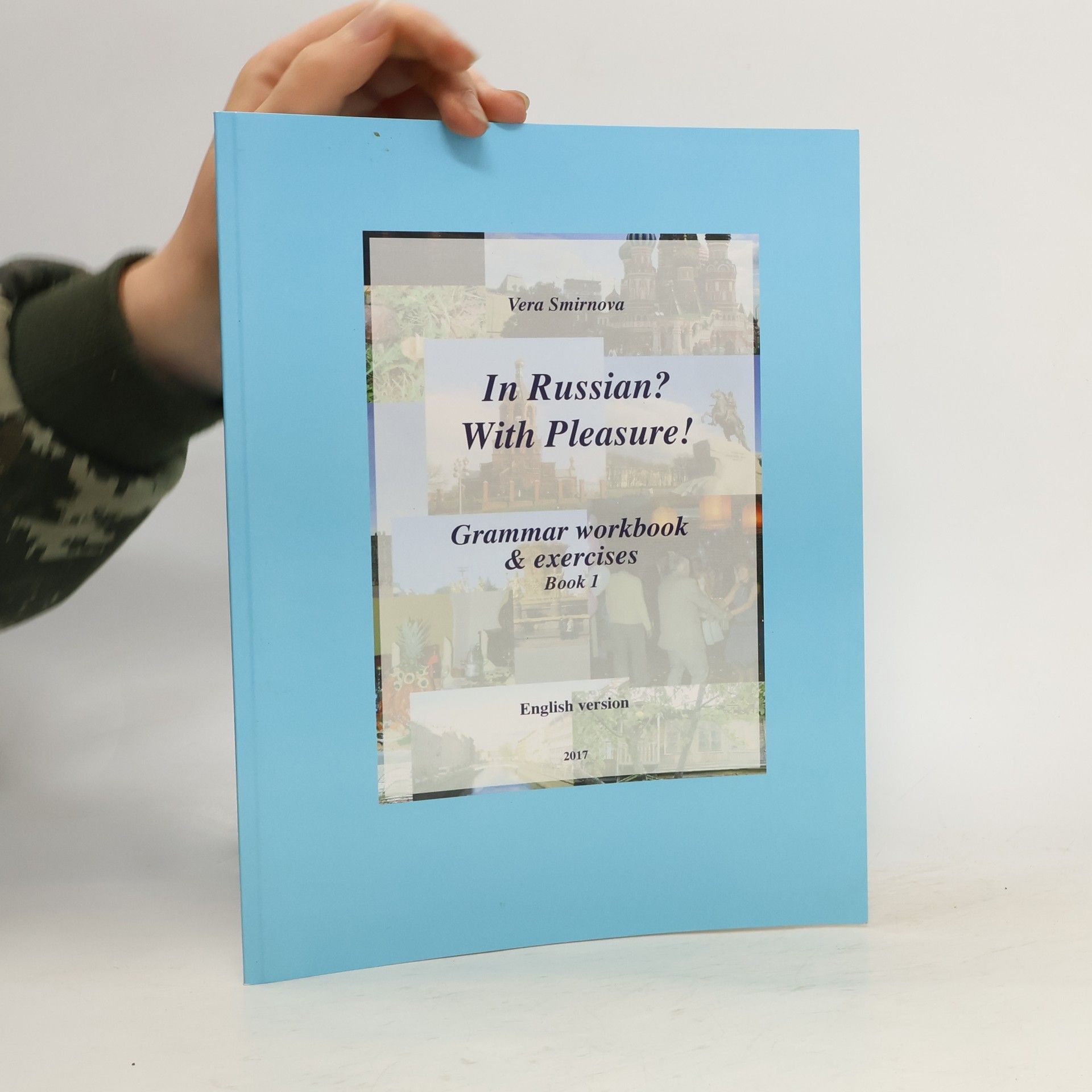ENGLISH VERSION. This grammar workbook is an annex to the textbook In Russian? With pleasure!, book 1. Each lesson in the grammar workbook corresponds to a lesson of the textbook & gives a detailed explanation of the studied topics of grammar, followed by exercises. At the end the keys to exercises are given, and the tables of studied cases of nouns, adjectives, personal pronouns and the use of prepositions. This grammar workbook does not give a total review of the grammar of the Russian language. It covers exclusively the grammatical material, needed for the study of the topics of book 1 In Russian? With pleasure!. It exists in an English and French version. The textbook In Russian? With pleasure! is intended for adults beginning to study Russian language. Book 1 - the second part of three - is designed for 60-70 hours. Level А1 of CECRL. The textbook has been used for a few years in the Russian language courses in Brussels, in various companies and organisations.
Vera B. Smirnova Livres
